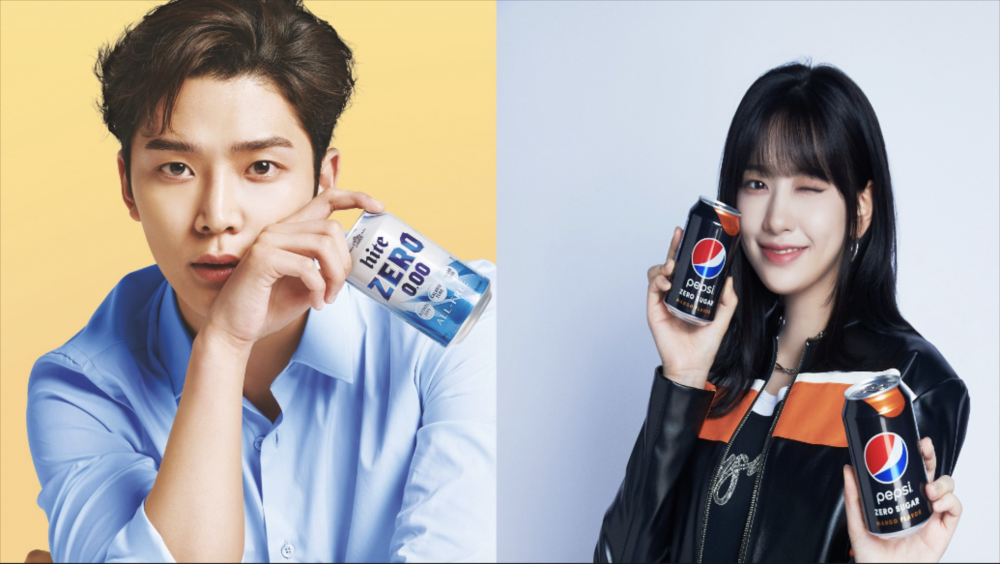
If you’re in Korea right now, you’ll notice a lot of advertisements with one thing in common: labeling every food product as zero calories. While zero-calorie sodas are nothing new, finding zero-calorie ice cream and even zero-calorie popcorn is a different story. So, is this the new phase Korea is going through?
With Coca-Cola releasing Coke Zero, and then Sprite coming out with Sprite Zero, Korea followed suit by releasing their famous yogurt soda drink Milkis in a zero-calorie version. It seems more and more people are becoming self-conscious about what they consume, leading Korea to take the ‘zero calorie’ trend to a whole new level.
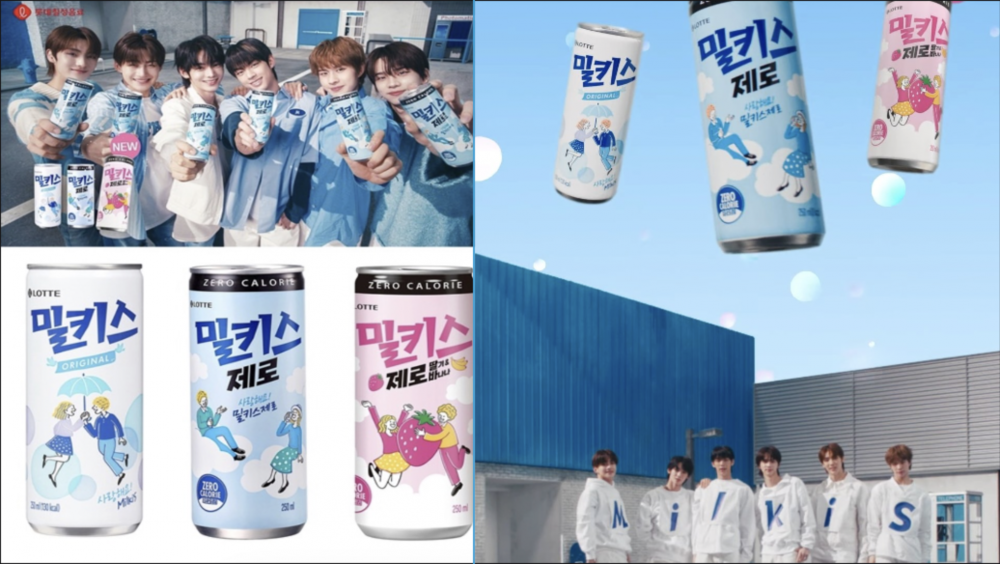
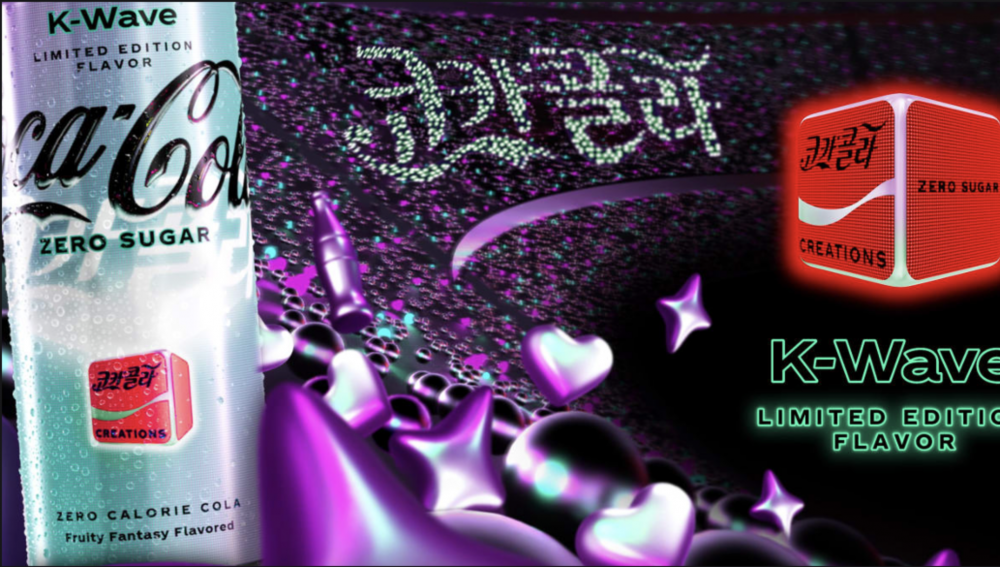
For example, Lotte Cinema, one of the largest movie theater chains in Korea, recently released a popcorn combo called ‘zero popcorn,’ which replaces typical sugar with an alternative sweetener. Koreans have also been excited to see some of their favorite ice creams, such as the classic popsicles “Jaws” and “Screw Bar,” become zero-calorie as well.

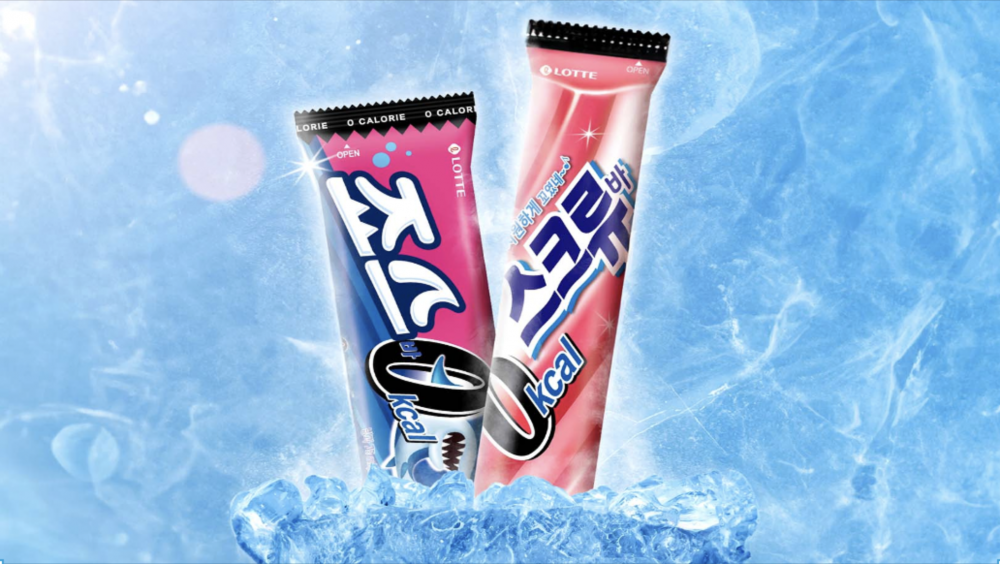
It doesn’t end there. One of Korea’s most consumed products, beer, has also released zero-calorie versions. Companies like Hite and Cass are offering these drinks, allowing Koreans to enjoy them without worrying about the massive amount of calories that typically come from alcohol.

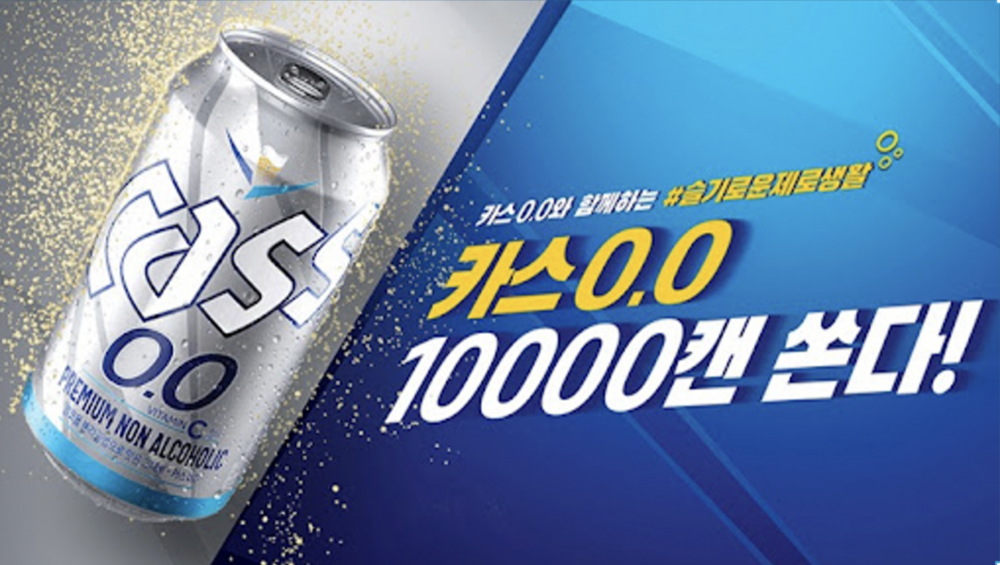
On one hand, it seems as though more people are becoming conscious about their food/calorie intake. They are paying closer attention to what they consume, often opting for healthier choices and actively seeking out products that promise lower calories and reduced sugar content. This shift towards mindful eating reflects a growing awareness of the importance of maintaining a healthy diet and lifestyle.
On the other hand, there is an ongoing discussion that these “zero-calorie” or “zero-sugar” labels are just another marketing strategy designed to entice consumers into purchasing more products without feeling guilty. Critics argue that the term “zero-calorie” can be misleading because alternative sweeteners used in these products might not be any better for health than regular sugar. They point out that these sweeteners can have their own set of health implications, and the long-term effects of consuming such products are still not fully understood.
As the market continues to see an influx of ‘zero-calorie’ products, it raises an important question about the sustainability of this trend. Will the Korean market embrace these products for the long haul, integrating them into their daily lives as a staple of healthy eating? Or will this be a fleeting trend, driven by current marketing tactics and eventually fading away as consumers become more informed and discerning about their choices? It will be interesting to observe how this trend evolves and whether it leads to a genuine shift in dietary habits or simply serves as a temporary phase in the ever-changing landscape of food and health trends.
 SHARE
SHARE

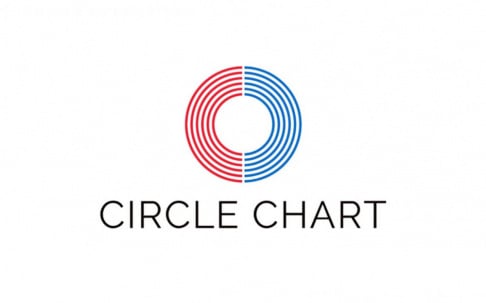





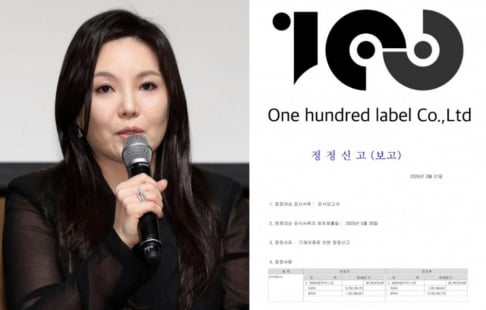







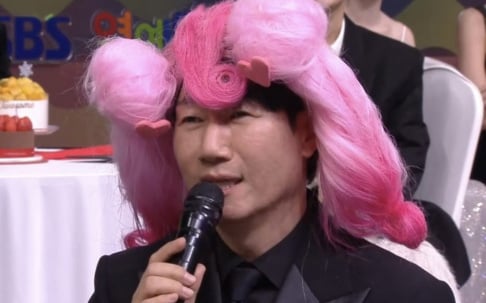

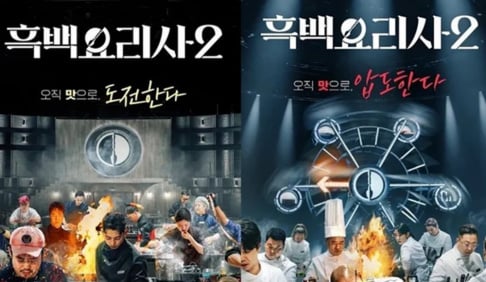









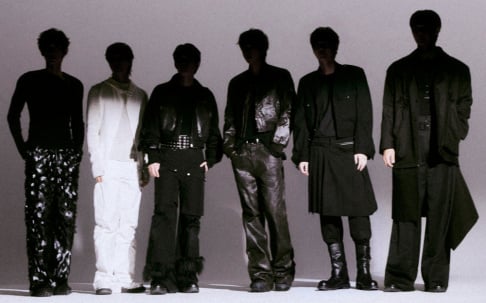


















if you're so conscious of what you're eating then eat real food people... eat real food. put aside all the instant things, basically anything you can just grab and go. and consume homemade cooked real food like your ajusshis ajummas do, and you'll also live up to their age.
1 more reply